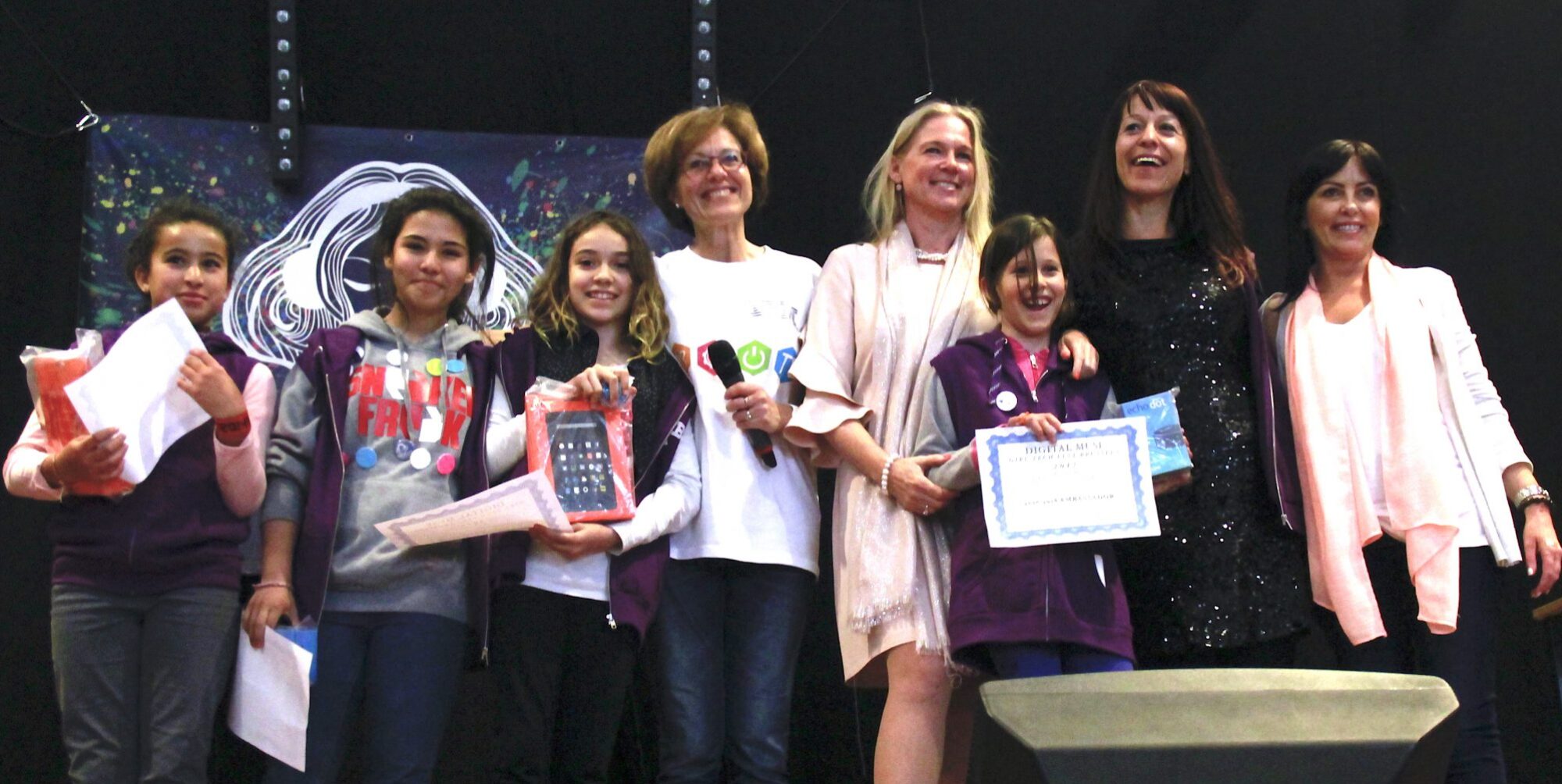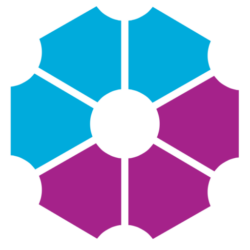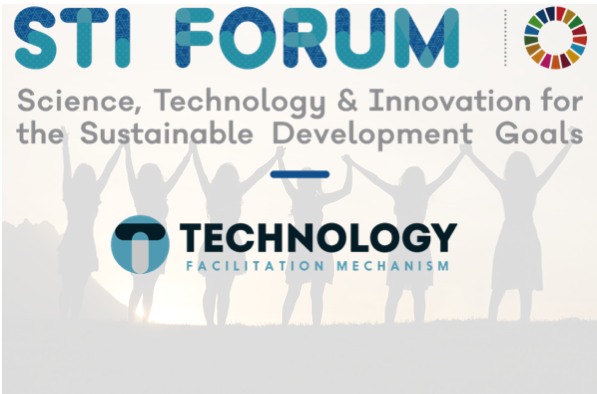Online on 5 May 2022, 18:00-19:15CET / 12:00-1:15pm EST, the G20 Women20 European Union Delegation and Brussels-based Digital Leadership Institute are proud to organize “Digital Equity for Women’s Economic Agency,” an official side-event of the UN ECOSOC’s 7th Multi-Stakeholder Forum on Science, Technology and Innovation for the SDGs (STI Forum).
Confirmed Speakers:
- Gabriela Ramos, Assistant Director General for Social and Human Services, UNESCO (video message)
Virginia Littlejohn, Co-head of US Delegation to the G20/Women20 & Global Coordinator, W20 Women Entrepreneurs Act Initiative (WE Act) - Veronica Beneitez Piñero, Deputy Head of Unit, European Innovation Council and SMEs Executive Agency (EISMEA)
- Wendy Teleki, Head, Women Entrepreneurs Finance Initiative (We-Fi)
- Alessandra Sala, Senior Director of Artificial Intelligence and Data Science at Shutterstock & President, Women in AI
- Arancha Martinez, EU Women Innovator of the Year 2020, Founder, IT-WillBe.org
- Kati Suominen, Founder and CEO, Nextrade Group
- Katharina Miller, President, European Women Lawyers Association & Co-head of EU Delegation to the G20/Women20
- Tamara Dancheva, Senior Manager, International Relations at GSMA & EU Delegate to the G20/Women20
Format: This event will feature a Roundtable, with interventions by representatives of public and private organizations promoting women’s economic empowerment and closing the gender digital divide for economic recovery and sustainable development. A Question & Answer session open to the public will follow the Roundtable.
Moderator: The event will be moderated by Cheryl Miller, Co-head of the G20 Women20 European Union Delegation, and Director of the Digital Leadership Institute
Registration: This online event is open to the public and registration is required. The event will be organized on Zoom and accessed via the STI Forum Whova platform which is still in process. Those who register via Zoom will also have access. Please stay tuned.
Live Stream: The event will also be streamed live on the DLI YouTube channel.

Concept Note:
Anywhere in the world today, a woman is:
- Less likely to be online;
- More likely to have low or no digital skills;
- Less likely to be an IT professional; and
- Far less likely to launch a tech-driven enterprise.
As a result, women are at greater risk of being excluded by the digital disruption, a phenomenon exacerbated by the COVID pandemic.
COVID has disproportionately impacted women—forcing millions out of the workplace, many permanently. In response, entrepreneurship is and will continue to be a key factor in sustaining financial independence for women and in reigniting the global economy. In the digital society, such participation is increasingly linked to skills supporting both digitally-enabled and digitally-driven entrepreneurship.
However, a key characteristic of the digital disruption which cuts across geographic locations and socio-economic conditions is that, no matter where they are in the world, women are less likely to be online than men. Of the Earth’s 7.8 billion human population, men make up thirty percent and women twenty-five percent of people who are online, reflecting 195 million fewer women online overall. Despite a surge in online participation during the COVID pandemic, the rate at which women go online continues to lag behind. This ubiquitous and persistent trend represents the digital divide compounded by the gender gap which, without focused effort to address it, risks widening.
In countries where digitalization has a firmer hold, women are still less likely to have digital skills, take up formal computer science or other STEM studies, or hold technical and leadership roles in IT organizations. Globally, the founder of a digitally-driven enterprise is five times more likely to be a man than a woman, and in many places the ratio is closer to ten-to-one.
In addition to the yawing social divide this reality reflects, italso represents a loss for the global economy and for women themselves who are unable to fully realize their potential as economics actors in an increasingly digital society. In 2013, the UN reported that bringing 600 million women and girls online could boost global GDP by up to $18B. A European study of the same period suggests that equal participation of women in the ICT sector would contribute as much as €9B annually to the European economy. Especially as a response to the COVID-induced “She-cession,” action to tackle the gender digital divide presents an opportunity to improve women’s economic agency, address the digital skills and job gap, and promote a pathway toward sustainable development.
Regardless of geography, closing the gender digital divide presents a critical factor in ensuring women’s economic agency, previously and again at present, in order to promote economic development. This focus has the advantages of limiting the risk of further marginalization of women as a result of the digital disruption, addressing the global IT skills gap, filling tech jobs that otherwise go unfilled, and of supporting a woman’s pathway to economic agency in the workforce and as an entrepreneur whose work is digitally-enabled and/or tech-driven.
As such, the greatest single driver of economic recovery exiting the COVID pandemic, and that which will most contribute to sustainable development going forward, will be action supporting digital equity for women’s economic agency at the intersection of promoting women’s economic empowerment (WEE)—with women as entrepreneurs, equal actors in the workforce, and leaders across the board—and closing the gender digital divide (GDD).
Questions: The event will investigate the following questions:
- What is the economic impact of the gender digital divide and the opportunity presented by closing it?
- What is the state-of-play regarding development action that focuses on tackling the gender digital divide and promoting women’s economic empowerment?
- What indicators and best practices may be employed to support digital equity for women’s economic agency as a pathway to economic recovery and sustainable development?
Topics: The event will address the topics of women’s economic empowerment, the gender digital divide, gender equality, woman’s rights, inclusive digital transformation, digital financial inclusion, access to finance, online safety, digital equity, digital skills, STEM skills, women-led entrepreneurship, economic recovery, building forward better from COVID, diversity, equity, inclusion, women in peacekeeping and conflict avoidance, women migrants and refugees, women in leadership, women in innovation, female founders, the SDGs, sustainable development goals, and sustainable development.


